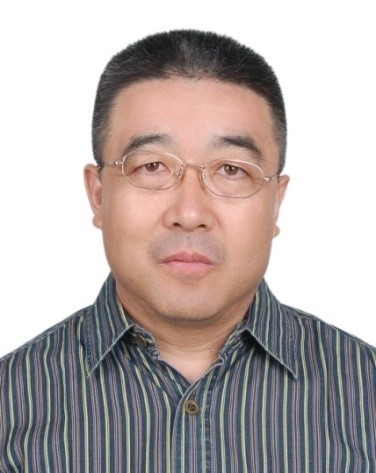
Abstract: This report focuses on the experimental studies of the TNTI in free shear flows, including synthetic jets and separated shear layers. For the synthetic jet, its TNTI is compared with that of a continuous jet. The synthetic jet has a larger radial position, more distorted shape, and higher fractal dimension, resulting in better entrainment performance. Furthermore, vortex ring breakdown in synthetic jet enhanced the small-scale vortex near TNTI, resulting in an increase of enstrophy production, and thus enhanced local entrainment. It was also found that fractal orifices reduce the entrainment performance of the synthetic jet. For the separated shear layer, a quantitative comparison of the contributions of nibbling and engulfment reveals that nibbling is the main entrainment process. Additionally, it is also found that the prograde vortex restrains the entrainment process, while the retrograde vortex promotes it.
Curriculum Vitae: Professor Jinjun Wang is a recipient of the National Outstanding Youth Science Fund, a specially appointed professor of the "Yangtze River Scholar" program of the Ministry of Education, and an academic leader of the National Natural Science Foundation's Innovation Research Group. He has published over 300 journal articles, including more than 180 SCI indexed papers, continuously selected for the Elsevier China Highly Cited Scholars List and won one national award and six provincial and ministerial awards.
Professor Jinjun Wang’s research involves complex flow mechanisms and control in aircraft. He developed new technologies to measure complex flow fields, discovered new modes of boundary layer bypass transition, and proposed novel flow control methods. His research results have been applied to experiments and optimization of aerodynamic shape selection for multiple models in China, as well as flow control for increasing lift and reducing drag.